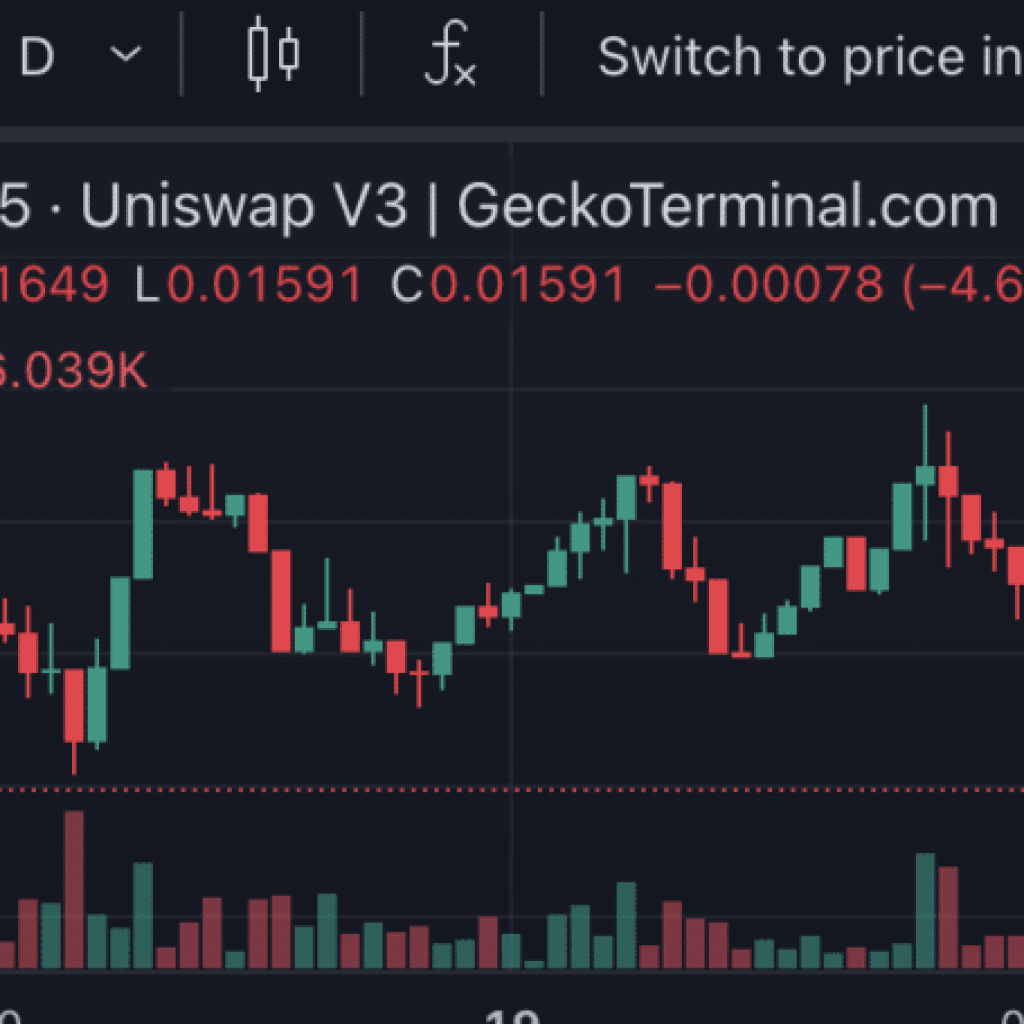David Schwartz, the Chief Technology Officer of Ripple, recently addressed the XRP community’s concerns about distributing XRP tokens at the XRP Ledger’s (XRPL) inception. This discussion comes in the wake of queries regarding the unusual genesis block number of the XRPL and allegations of hidden data concerning the XRP distribution scheme. Schwartz’s revelations aim to bring clarity and transparency to the situation.
Ripple’s David Schwartz debunks XRPL distribution myths
The XRP Ledger, known for its efficiency in cross-border transactions, encountered a significant challenge at its inception. A bug in the system led to the loss of ledger headers, resulting in the XRPL’s genesis block starting at an unusual number, 32,570. Efforts to reconstruct the missing data were unsuccessful, leading to permanent loss of the ledger’s early records. This situation raised questions among community members, with some alleging that Ripple might be concealing information about XRP’s initial distribution.
In response to these concerns, David Schwartz highlighted a similar anomaly in the Ethereum blockchain, emphasizing that the XRPL’s issue stemmed from a technical glitch rather than any deliberate attempt at obfuscation. This comparison illustrates that such anomalies are not unique to XRPL and can occur in other blockchain networks due to technical difficulties.
Distribution transparency at XRPL’s inception
Addressing the core issue, David Schwartz provided detailed information about the allocation of XRP at the ledger’s genesis. He revealed a clear distribution scheme, contrary to the suspicions of hidden agendas. Jed McCaleb, Ripple’s former CTO, was allocated 9% of the total XRP supply. McCaleb has since sold off his holdings following a systematic sales strategy post his departure from Ripple.
Chris Larsen, co-founder and executive chairman of Ripple, also received 9% of the XRP supply. Arthur Britto, another key architect of XRPL, held 2%. This accounts for 20% of the total XRP supply in the hands of the co-founders. David Schwartz further clarified that Ripple, initially known as OpenCoin, held a substantial 79.99% XRP supply. A minor share, amounting to 0.013%, was allocated to beta testers and developers.
This comprehensive disclosure by Schwartz is a crucial step in addressing the community’s concerns about the distribution of XRP at its genesis. It also provides a clear picture of the initial holders of the cryptocurrency, reflecting Ripple’s commitment to transparency.
Ripple’s ongoing efforts in managing XRP supply
Ripple has taken significant steps to manage its XRP holdings responsibly. Most of Ripple’s XRP was locked in escrow, unlocking 1 billion XRP monthly. However, Ripple often relocks 800 million of these tokens, effectively leaving only 200 million XRP as a monthly spendable balance. This strategy demonstrates Ripple’s intent to reduce its XRP holdings in a controlled and transparent manner, countering potential market manipulation concerns.
David Schwartz’s revelations about the XRP distribution at the XRPL’s genesis block are crucial for dispelling rumors and misconceptions within the cryptocurrency community. By providing clear, detailed information, Schwartz has reinforced Ripple’s commitment to transparency and trust in its operations and handling of the XRP supply. As the digital currency and blockchain industry continues to evolve, such openness is essential for fostering community trust and ensuring the long-term viability of blockchain networks like the XRPL.





